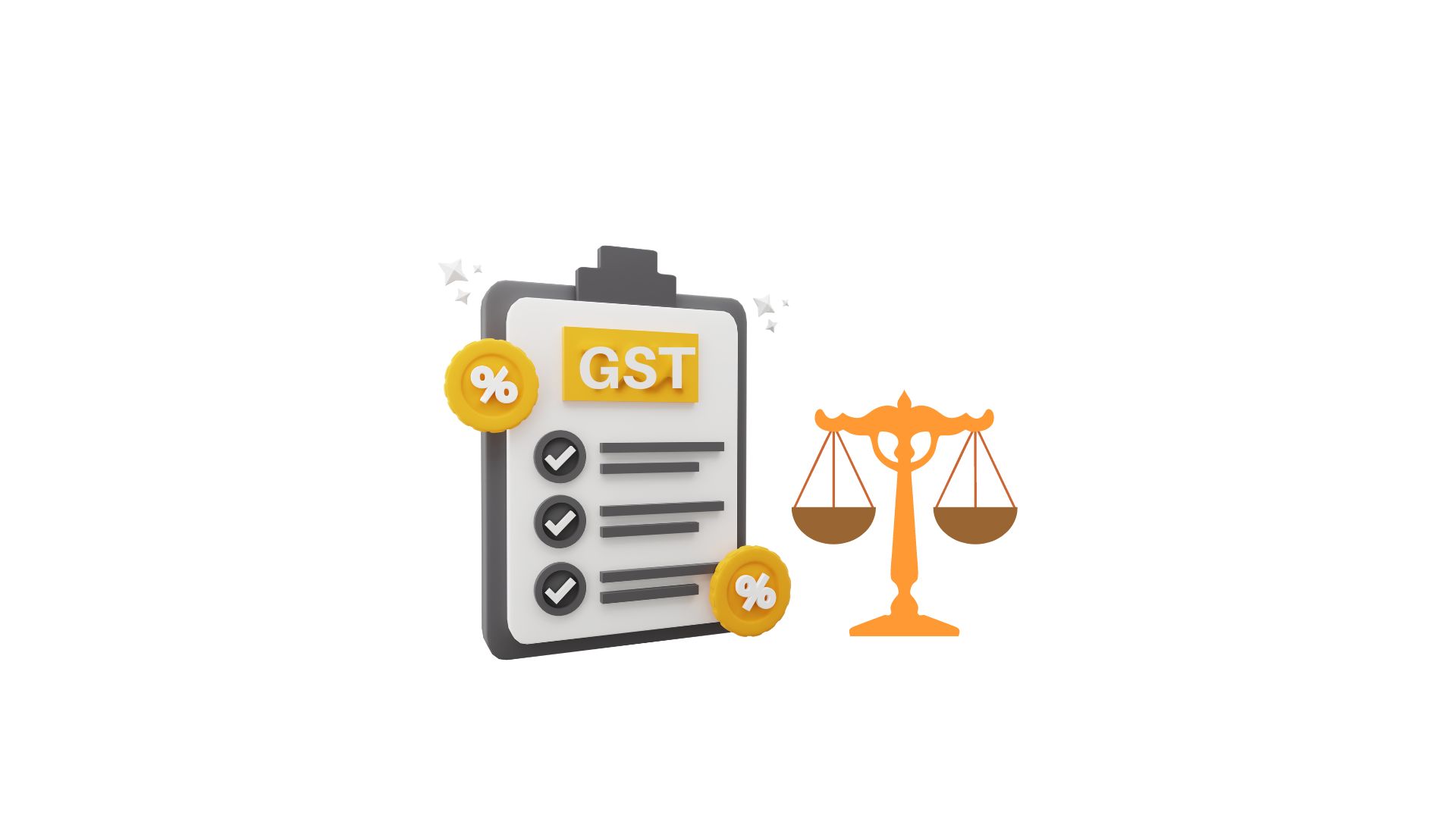
30 Mar Madras High Court Strikes Down Excessive GST Demand on Trade Payables

Introduction:
The Madras High Court invalidated the order demanding payment concerning all trade payables, asserting that it exceeded the boundaries outlined in the original show cause notice. This ruling is significant in the realm of audit cases and is poised to have widespread benefits.
Facts of the case:
- The petitioner contested an order dated 31.12.2023, arguing its overreach beyond the purview of a preceding show cause notice by subjecting all trade payables to GST.
- Following an audit report on 26.09.2023, the petitioner received a notice on 30.09.2023 proposing a tax of Rs. 43,66,708.14. However, the final order imposed a tax exceeding Rs. 90 crores, markedly surpassing the initial estimate.
- Despite compliance with statutory Input Tax Credit (ITC) requirements, the petitioner faced penalties.
- The crux of the matter lies in the imposition of GST on the entirety of the petitioner's trade payables, a move perceived by the petitioner as beyond the notice's scope and contrary to legal provisions.
Petitioner’s Argument:
The petitioner contends that the order unjustly expanded the taxable amount well beyond the initial estimation, unfairly taxing trade payables as a taxable supply despite adhering to ITC regulations.
Held:
The Madras High Court deemed the imposition of GST on trade payables, as reflected in financial statements, prima facie unsustainable.
The court nullified the order, instructing the petitioner to remit 10% of the disputed amount, excluding trade payables, and mandated a fresh review with adequate opportunity for the petitioner to present their case.


No Comments